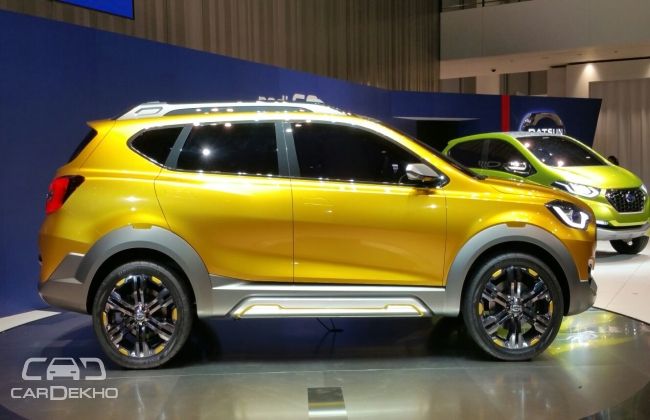US House votes to resurrect Export-Import Bank
DuPont Considering Sale of Its Agricultural Business
Eric Holder rebuffs FBI chief on 'Ferguson effect'
To Avoid Uber's Surge Pricing, Just Wait 5 Min
Knicks' Kristaps Porzingis flashes freaky athleticism with dunk
App Store purchases charged to phone bill
MacBook Pro 2016 Rumors: Is An End Of Year Release Possible?
Possible tornado damage across Texas, warnings in effect
Hrithik Roshan & Abhishek Bachchan at the Jio MAMI Mumbai Film Fest opening
'Precision medicine' prostate cancer treatment
Pervez Musharraf: Osama Was Our Hero, We Sent Terror in Kashmir
Cannibalism, torture and rape in warring South Sudan
Last UK detainee at Guantanamo is released
Tamil actor Vivek's son passes away, condolences pour in on Twitter
AAP urges raising legal smoking age to 21



